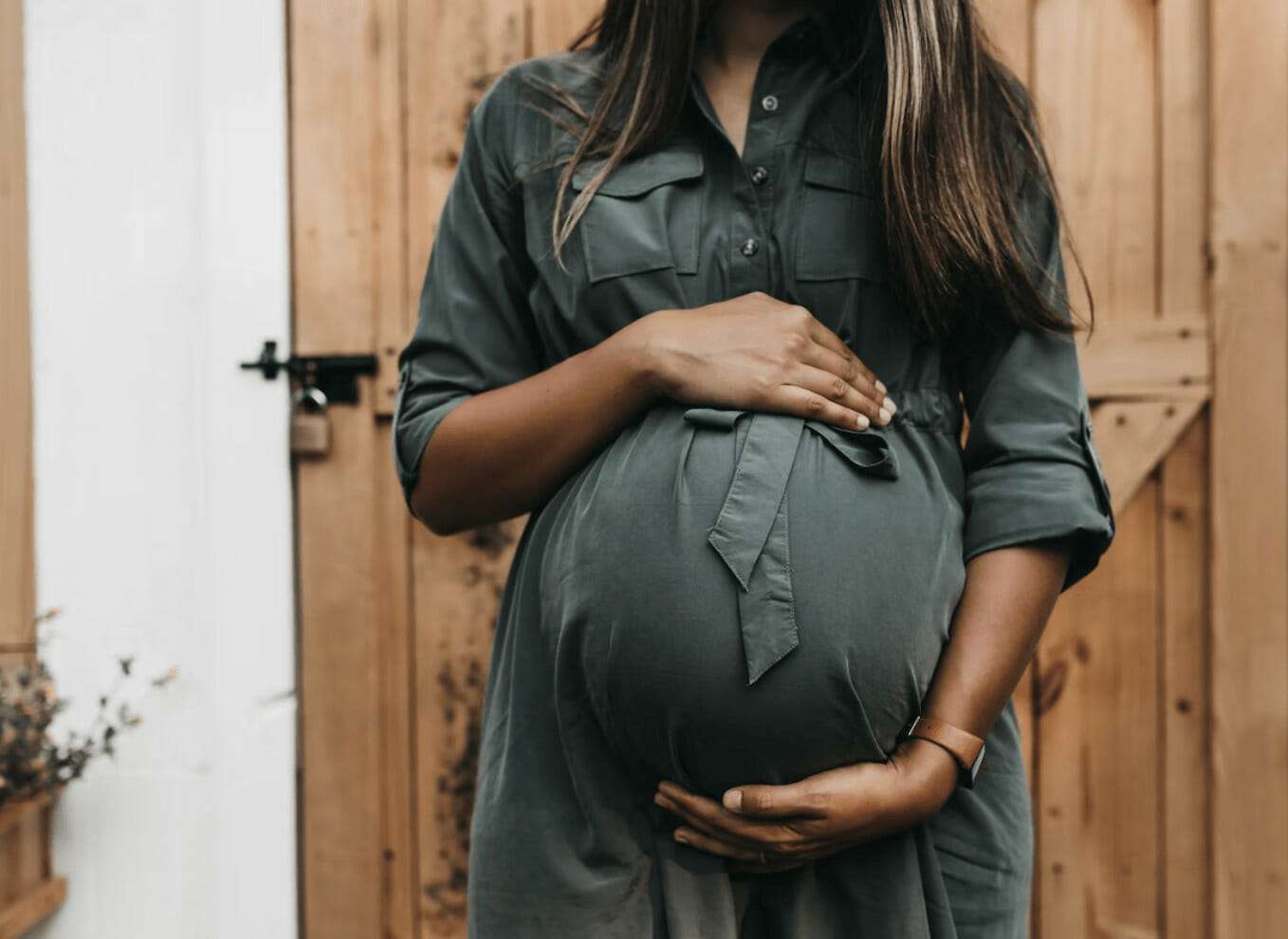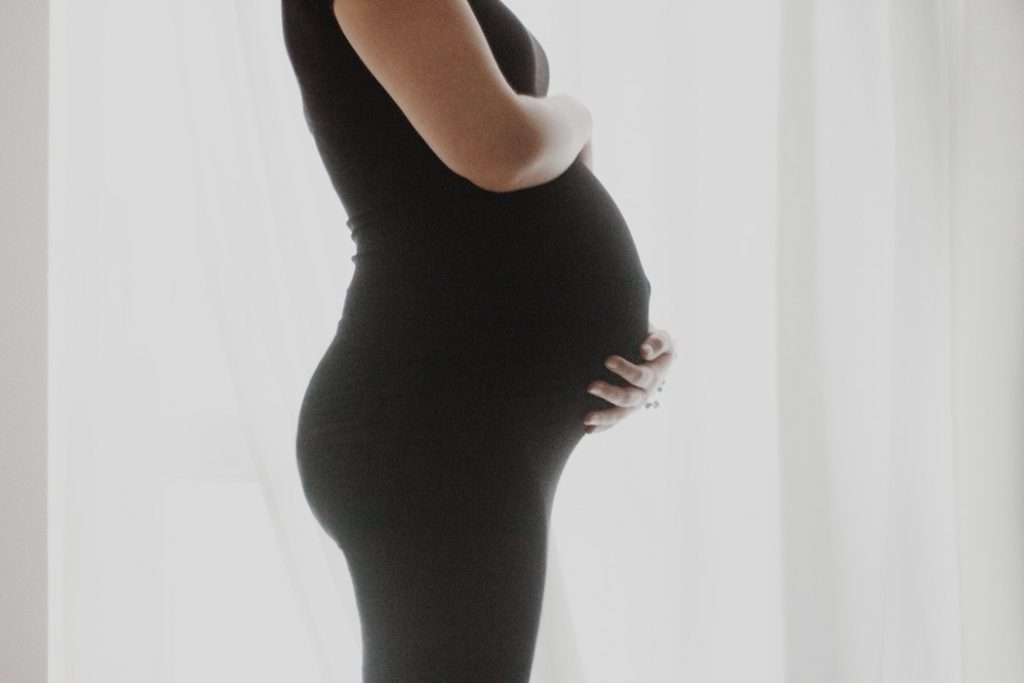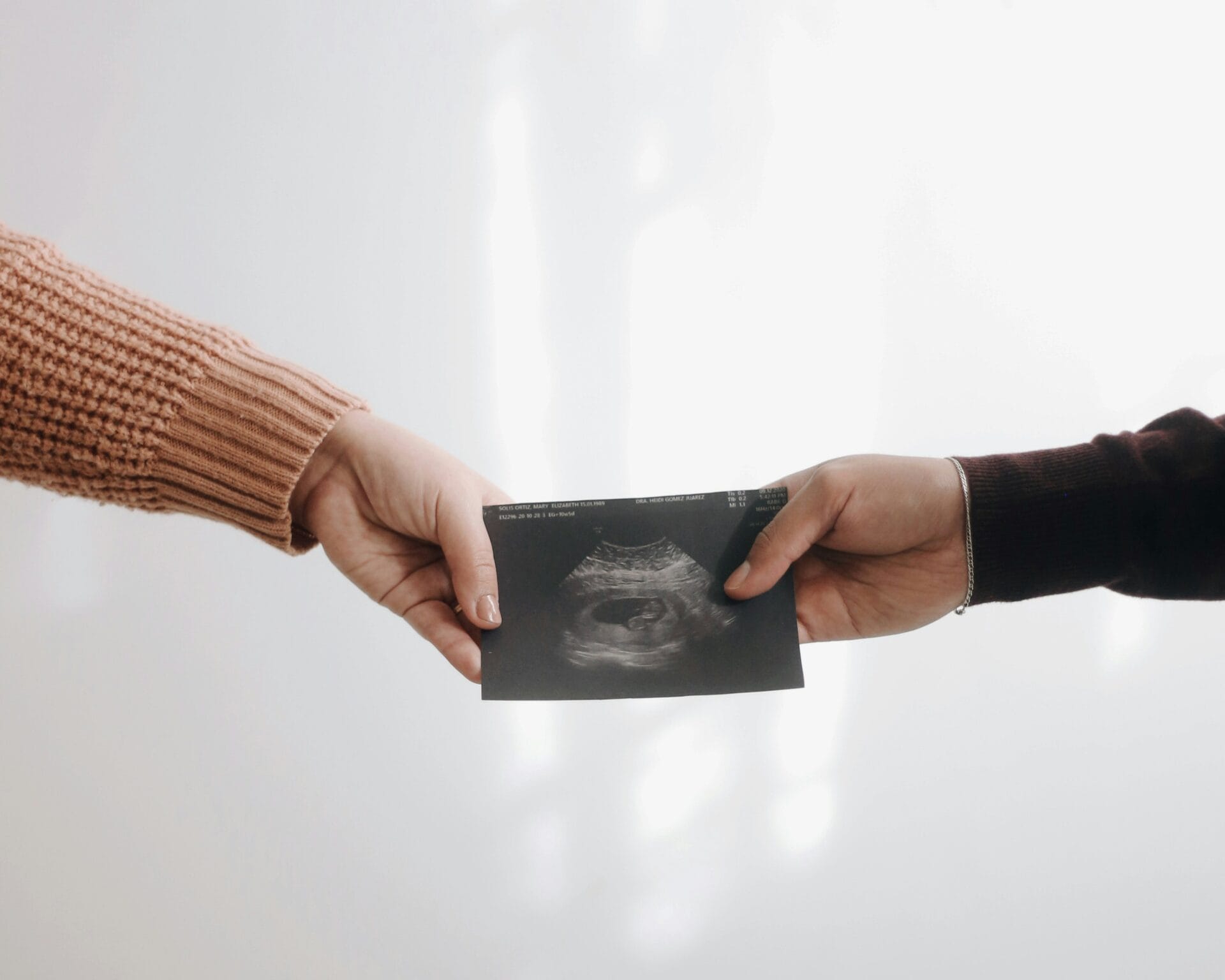

GUEST POST: The Massachusetts Supreme Court recently upheld a murder conviction for the death of a near-full-term preborn baby. Meanwhile, abortion remains legal in Massachusetts. Pro-lifers are pointing out the hypocrisy of rightly upholding the perpetrator’s conviction in this case while continuing to allow the killing of preborn babies at the same gestational age through abortion.
The Court issued the ruling on February 14 in Commonwealth v. Peter Ronchi. The case involves a man convicted of the 2009 stabbing death of his girlfriend, Yuliya Galperina at her apartment in Salem, Massachusetts. Ronchi, who is currently serving back-to-back life sentences, was also convicted of the murder of the couple’s preborn child.
How can the preborn baby be considered a victim of murder in a state that allows the legal killing of preborn babies in abortion? The short answer: mental gymnastics.

The case relied on the dubious legal standard of “viability” to justify defending the life of an innocent child in a state that ignores the deaths of other innocent children. According to the “viability” framework, invoked in the Roe v. Wade decision by Supreme Court Harry Blackmun, a child who can survive outside the womb becomes a person whereas the same child at an earlier gestational age would not be considered a person.
Because Galperina was a week away from her due date with the couple’s son, the Commonwealth of Massachusetts deemed that the child became worthy of legal protection in the horrific crime. Ronchi’s attempted defense in the appeal was that he did not directly stab the baby, and therefore did not intend to kill the baby. The court did find that the approximately 15 stab wounds inflicted on Galperina did not directly cause the death of the baby, but rather the loss of circulation due to the mother’s death did.
Still, the court upheld Ronchi’s conviction.

The National Catholic Register notes that the Massachusetts Supreme Court also took no issue with the trial court’s instructions to the jury: “Killing is not murder unless a human being has been killed. A viable fetus is a human being under the law of homicide. A fetus is viable when there is a reasonable likelihood of the fetus’s sustained survival outside the womb, with or without artificial support.” Because the violence so dramatically led to the death of a child and his mother, the court recognizes a need for justice.
The Court relied on the 1984 ruling Commonwealth v. Cass in which a mother who was eight months pregnant was struck by a car and her baby died. The court found that the “infliction of prenatal injuries resulting in the death of a viable fetus, before or after it is born, is homicide. … We believe that our criminal law should extend its protection to viable fetuses.” As long as abortion remains legal, which it is in Massachusetts up to 24 weeks and beyond in certain circumstances, this ruling makes no sense.

Another shocking homicide involving a pregnant mother brought national attention to the issue of fetal homicide. In 2003, the body of Laci Peterson and her son Connor were found in the San Francisco Bay. The following year, Congress passed the Unborn Victims of Violence Act of 2004, often called Laci and Connor’s Law. Under this federal law, the preborn child is recognized as a separate victim for whose death the defendant can face additional charges. This only applies to instances in which the federal government has jurisdiction and does not apply to crimes prosecuted by individual states.
When New York passed sweeping pro-abortion legislation in 2019, then-governor Andrew Cuomo signed into law the measure which noted that state Legislature defines “person,” “when referring to the victim of a homicide,” as “a human being who has been born and is alive.” The result has been that when a pregnant mother was murdered, the murderer was not charged with the death of the child she was carrying.
This injustice should open our eyes to the fact that the extreme abortion legislation in New York state is unjust.

Other states continue to operate with cognitive dissonance, allowing the killing of the preborn in some circumstances and prosecuting it in others. “Ever since Roe v. Wade, there’s always been this double standard — that for the purposes of common law, tort law, homicide law, the unborn child is a human being, but not for abortion law,” Dwight Duncan, a law professor at University of Massachusetts School of Law told the National Catholic Register.
At this writing, 38 states have in place some form of legal protection for a child murdered in the womb.
In some states, the law only applies to babies of a certain gestational age or in certain circumstances. For the abortion-loving states, this makes no sense.
Erasing a baby’s humanity based on whether they might survive outside the womb turns the law upside down, especially as technology makes it possible to live outside the womb earlier in a pregnancy. We should not wait for another horrific violent crime like the death of Laci Peterson or Yuliya Galperina to recognize that every mother’s preborn child deserves legal protection.
READ NEXT: The Equal Rights Amendment Isn’t a Zombie — So Stop Trying to Bring it Back to Life
Share this post
Recent Posts

Abortion Brags from Lily Allen & Hat from Cynthia Nixon Enrage Even Pro-Choice Americans. Can the Pro-Life Generation Take Some Credit?
11 Jul 2025
Young Mom Prayed for God’s Hand on Her Child – At Her Ultrasound Appointment, THIS Happened
11 Jul 2025
Letter to the FDA Regarding Chemical Abortion Drugs June 2020
10 Jul 2025
